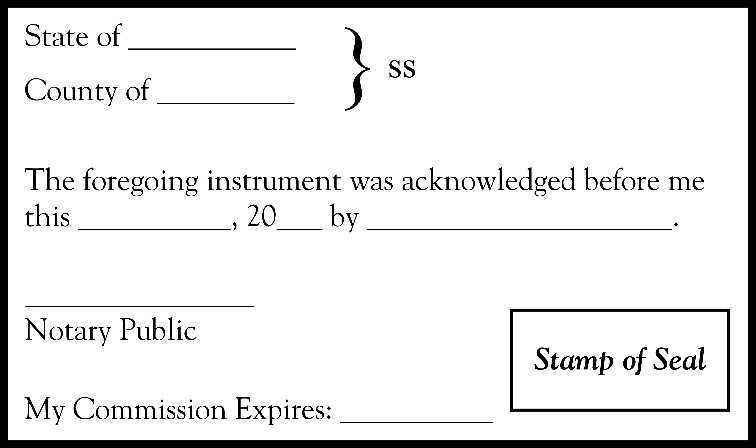What is a Notary?
A notary is a public officer appointed by the government to serve as an impartial witness in the signing of important documents. The main duty of a notary is to verify the identity of the individuals involved in the transaction and ensure that they are signing the document willingly and without any coercion.
Notaries can be found in various locations, such as banks, law offices, government agencies, and even mobile notary services that can travel to the client’s location. Their services are often required for a wide range of documents, including wills, powers of attorney, real estate transactions, and business contracts.
Here are a few examples of when a notary’s services may be needed:
- Signing a mortgage agreement
- Creating a living will
- Executing a power of attorney
- Transferring property ownership
- Forming a business partnership
It is important to note that the specific duties and requirements for notaries may vary depending on the jurisdiction. Notaries are typically required to undergo training and pass an examination to become licensed.
Duties, Locations, and Examples
A notary public is responsible for performing a variety of duties, which may vary depending on the jurisdiction. Some common duties of a notary include:
1. Verifying the Identity of Signers
One of the main duties of a notary is to verify the identity of the individuals who are signing the documents. This is done by checking their identification documents, such as passports or driver’s licenses, and comparing them to the information provided in the documents being notarized.
2. Administering Oaths and Affirmations

A notary may also be responsible for administering oaths and affirmations. This is often required when a person is making a sworn statement or affidavit. The notary will ensure that the person understands the implications of making a false statement and will administer the appropriate oath or affirmation.
3. Witnessing Signatures

In some cases, a notary may be required to witness the signing of a document. This means that the notary must be physically present when the individual is signing the document and must confirm that the signature is genuine.
4. Certifying Copies

Notaries may also be authorized to certify copies of certain documents. This means that they can make a copy of an original document and certify that it is a true and accurate representation of the original.
5. Keeping a Notary Journal

Many jurisdictions require notaries to keep a journal of their notarial acts. This journal includes information about the documents notarized, the individuals involved, and any fees charged. The journal serves as a record of the notary’s actions and can be used as evidence if any disputes arise.
Notaries can be found in various locations, depending on the jurisdiction. Some common locations where notaries can be found include:
| Location | Description |
|---|---|
| Banks | Many banks have notaries on staff to assist their customers with notarization services. |
| Law Offices | Lawyers often have notaries in their offices to notarize documents related to legal matters. |
| Government Offices | Government offices, such as city halls or county clerk offices, may have notaries available to the public. |
| Mobile Notaries | Some notaries offer mobile services and can travel to the location where the documents need to be notarized. |
Here are some examples of documents that may require notarization:
- Real estate documents, such as deeds or mortgages
- Wills and trusts
- Power of attorney documents
- Adoption papers
- Loan documents
Overall, notaries play a crucial role in ensuring the authenticity and legality of various documents. Their duties, locations, and examples of documents they notarize may vary, but their role remains important in many legal and financial transactions.

Emily Bibb simplifies finance through bestselling books and articles, bridging complex concepts for everyday understanding. Engaging audiences via social media, she shares insights for financial success. Active in seminars and philanthropy, Bibb aims to create a more financially informed society, driven by her passion for empowering others.
